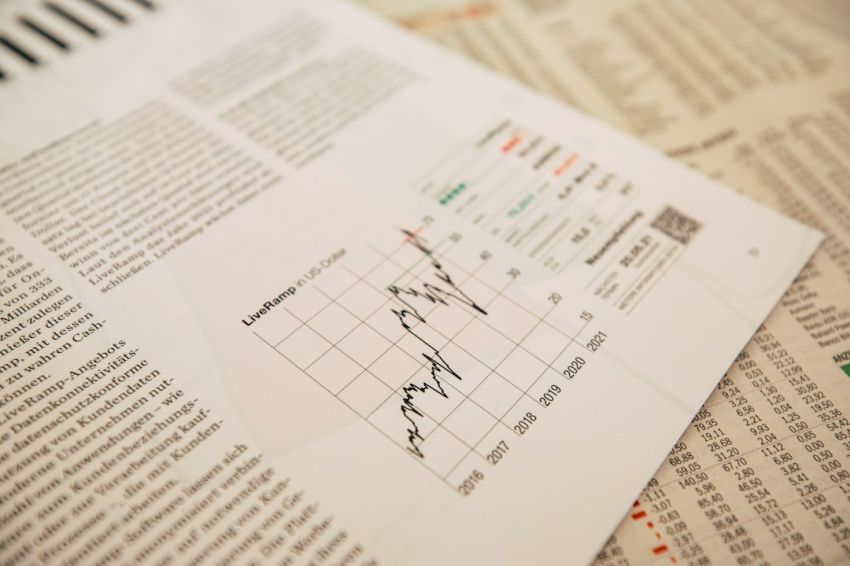In today’s interconnected global economy, the prices of commodities play a significant role in shaping inflation rates around the world. Commodities are raw materials or primary agricultural products that can be bought and sold, such as oil, gold, wheat, and cotton. The impact of commodities on inflation is multifaceted and complex, influenced by various factors including supply and demand dynamics, geopolitical events, and currency fluctuations. Understanding how commodities impact inflation is crucial for policymakers, investors, and consumers alike.
Commodity Prices and Inflation Trends
Commodity prices have a direct impact on inflation as they are often used as inputs in the production of goods and services. When the prices of commodities rise, producers may pass on these increased costs to consumers, leading to higher prices for final products. This phenomenon is known as cost-push inflation, where rising production costs result in an overall increase in the price level of goods and services in an economy.
For example, if the price of oil increases significantly, transportation costs for goods may rise, leading to higher prices for consumers at the pump and in stores. Similarly, a rise in the price of agricultural commodities like wheat or corn can impact the cost of food products, contributing to overall inflationary pressures.
Supply and Demand Dynamics
The supply and demand dynamics of commodities play a crucial role in determining their prices and, consequently, their impact on inflation. Factors such as natural disasters, geopolitical tensions, and changes in production levels can disrupt the supply of commodities, leading to price fluctuations.
For instance, a drought in a major wheat-producing region can reduce crop yields, causing the price of wheat to surge. This price increase can then filter down to consumer products like bread and pasta, contributing to inflationary pressures in the food sector.
On the other hand, changes in demand for commodities can also influence their prices. Economic growth in emerging markets, for example, can lead to increased demand for industrial metals like copper and aluminum. This heightened demand can push up prices, affecting the cost of manufacturing and ultimately impacting inflation rates in the countries that rely on these commodities.
Geopolitical Events and Currency Fluctuations
Geopolitical events, such as conflicts or trade disputes, can have a significant impact on commodity prices and, by extension, inflation. For instance, sanctions on oil-producing countries can disrupt the global supply of oil, leading to price spikes in the energy market. These price increases can raise transportation costs and production expenses, contributing to inflationary pressures in affected economies.
Currency fluctuations also play a role in determining the impact of commodities on inflation. Since commodities are often priced in US dollars, changes in the value of the dollar can influence the cost of commodities for countries that import them. A weaker dollar, for example, can make commodities more expensive for import-dependent countries, leading to inflationary pressures as these higher costs are passed on to consumers.
Mitigating the Impact of Commodities on Inflation
Policymakers have a range of tools at their disposal to mitigate the impact of commodities on inflation. Central banks can adjust interest rates to manage inflation expectations and stabilize prices in response to commodity-driven inflationary pressures. Governments can also implement policies to support domestic production of key commodities or diversify energy sources to reduce reliance on volatile markets.
In conclusion, the relationship between commodities and inflation is a crucial aspect of the global economy. Understanding how commodity prices influence inflation trends is essential for decision-makers to formulate effective policies and strategies to manage inflationary pressures. By monitoring supply and demand dynamics, geopolitical events, and currency fluctuations, stakeholders can better navigate the complex interplay between commodities and inflation to promote economic stability and growth.










